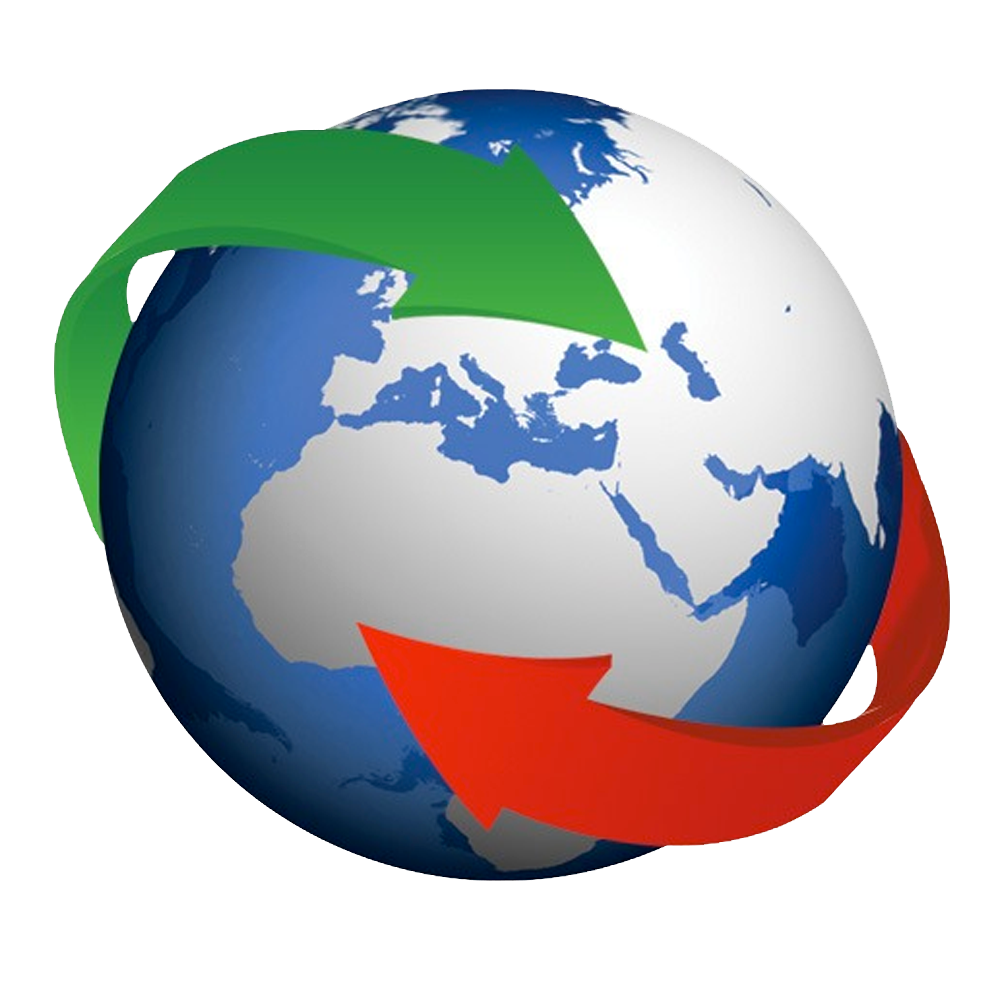Rischi e opportunità per il settore calzaturiero in un’intervista a tutto campo con l’imprenditore Giordano Torresi
“La crisi mondiale per il made in Italy è un’opportunità, non un problema: ma dobbiamo affrontare sul serio il nodo dell’innovazione”. Non teme di esprimersi fuori dal coro Giordano Torresi, uomo guida e brand manager di La Manuelita, azienda marchigiana affermatasi progettando e producendo scarpe da donna di alta gamma per le più importanti griffe del sistema moda e pioniera nell’ambito dell’applicazione di nuove tecnologie ai processi di produzione.
L’Italia è il primo produttore di calzature nella UE, decimo al mondo per numero di paia prodotte e terzo esportatore mondiale in termini di valore. Quali sono le prospettive per il futuro?
Il periodo di crisi che stiamo attraversando non deve rappresentare un freno agli investimenti. Dobbiamo anzi approfittare del vantaggio che il made in Italy ha nei confronti dei Paesi concorrenti per coniugare alla qualità delle nostre calzature un’organizzazione della produzione in grado di innalzare gli standard di efficienza. La Manuelita sta facendo proprio questo, differenziandosi da tutti gli altri player del settore. Abbiamo la capacità e i mezzi per fare di più: perché accontentarci di essere decimi per numero di paia prodotte e non puntare invece a scalare le posizioni di questa classifica?
Quale terapia suggerisce?
Dobbiamo migliorare l’organizzazione dei processi di produzione, per ridurre i tempi e i costi di realizzazione dei prodotti. Per farlo bisogna applicare al settore calzaturiero la robotica e la digitalizzazione, ampiamente utilizzate in altri ambiti ma ancora sconosciute al mondo della calzatura. Ecco in cosa consiste l’opportunità di cui parlavo: possiamo introdurre tecnologie in grado di renderci competitivi in termini di costi della produzione con i Paesi dell’est e con la Cina per riportare in Italia la produzione delle aziende che negli scorsi anni hanno delocalizzato. E se sapremo abbinare questa ritrovata competitività al nostro sapere e alla nostra cultura, potremo davvero “ri-evoluzionare” il mondo della calzatura e ridefinire a 360° i concetti di ideazione, gestione e industrializzazione del settore calzaturiero.
Può farci qualche esempio concreto di questo approccio?
Sì, posso citare due progetti che riguardano direttamente La Manuelita. Abbiamo appena costituito una nuova divisione, la Giordano Torresi Engineering, per creare il primo polo nazionale dedicato alla progettazione e all’ingegnerizzazione della calzatura. Una realtà in grado di assecondare tutte le richieste dettate dallo stile ma anche di ottimizzare il processo di industrializzazione. Inoltre, stiamo studiando con l’Istituto di Tecnologie Industriali e Automazione del CNR il modo per utilizzare gli ultimi ritrovati tecnologici e realizzare una manovia completamente automatizzata.
In order to show the crisis a clean pair of heels, the Italian footwear industry must rise to the challenge of innovation
Risks and opportunity for the footwear sector: an all-encompassing interview with entrepreneur Giordano Torresi
“The global crisis is an opportunity for Italian industry, not a problem. But we have to ensure we have a serious focus on innovation.” Giordano Torresi is certainly not afraid to speak out. The guiding light and brand manager of La Manuelita, the Le Marche-based company that has established itself as a designer and producer of high-end women’s shoes for the leading names in fashion, as well as a pioneer in terms of harnessing new technology and implementing new production processes.
Italy is the leading producer of footwear in the European Union, the tenth in the world in terms of shoes produced and the third-largest exporter in the world in terms of value. What are its prospects for the future?
The period of crisis we’re going through must not slow investment. In fact we need to make the most of the advantage Italian products have over our competitor countries to combine the quality of our shoes with a production system that ramps up efficiency standards. La Manuelita is doing exactly that, setting itself apart from the other players in the sector. We have the capacity and the means to do more: why be content with being tenth in the world in terms of shoes produced? Why not aim to move up the table?
What solutions do you suggest?
We need to improve the organisation of the production processes in order to reduce the timescales and costs related to the manufacture of products. For this to become a reality, we need to bring robotics and digitalisation into the footwear industry – these tools are already widely used in other sectors but virtually unheard of in the world of footwear. This is the crux of the opportunity I mentioned: we can introduce technology to make our production costs more competitive with Eastern European countries and China, and in time companies which have outsourced production to other countries will move it back to Italy. If we are able to combine this rediscovered competitiveness with our savoir-faire and our culture, we will truly be able to “re-evolutionise” the footwear industry and completely redefine the concepts of design, management and industrialisation in our sector.
Can you give us any concrete examples of this approach?
Yes, I can point to two projects that concern La Manuelita directly. We have just established a new division, Giordano Torresi Engineering, to create the first national hub dedicated to the design and engineering of footwear. It will allow us to be able to meet any stylistic demands and also optimise the industrialisation process. Moreover, we’re working with the National Research Council’s (CNR) Institute of Industrial Technology and Automation in order to use the latest technological advancements to produce a fully automated production belt.

